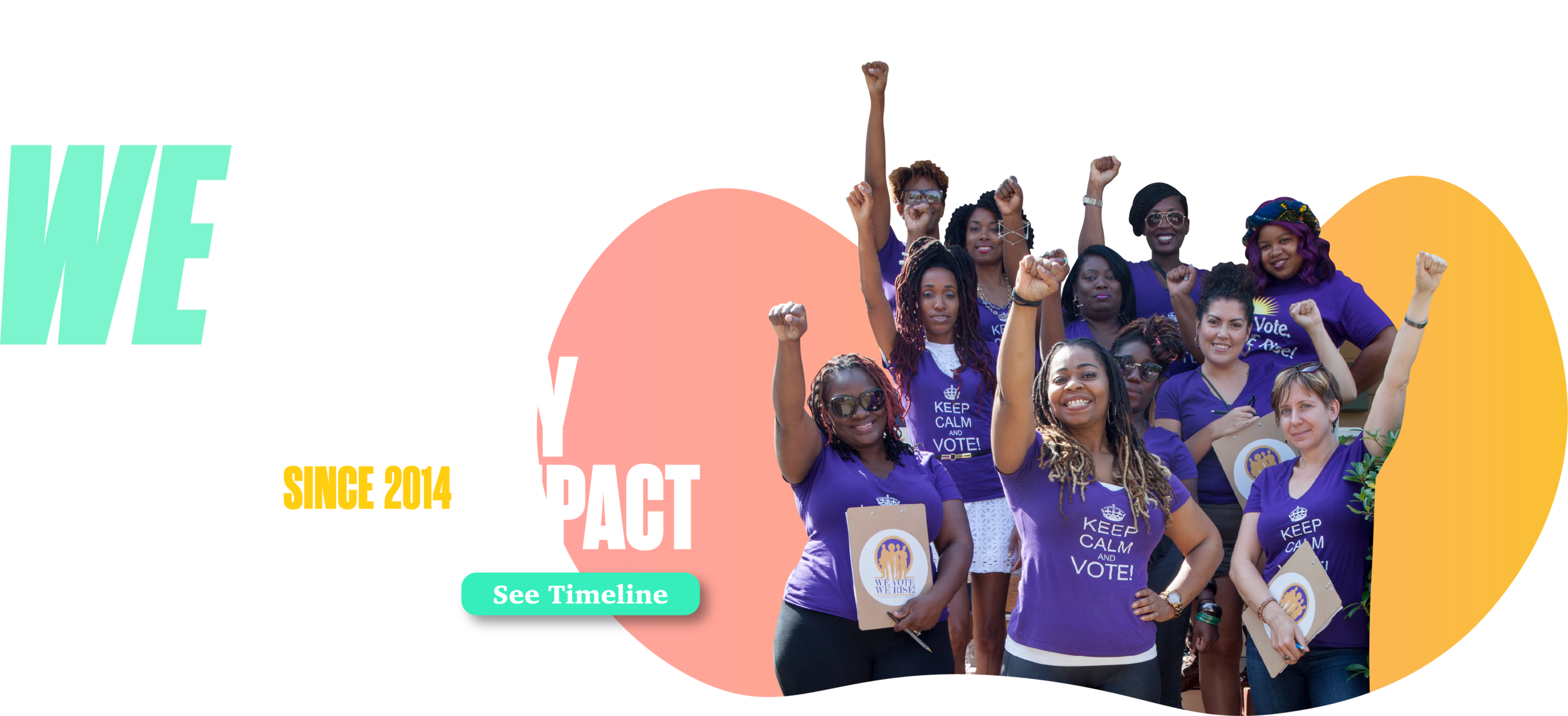

“I invite you to explore what WE and our partners and allies have accomplished in the seven years since our founding. Above all, I hope you will join us in our belief that what was once previously unthinkable can become reality if we tap into our shared power and our future-shaping ideas. Now more than ever, we must continue our work to engage Black, Indigenous, and People of Color (BIPOC) communities in the struggle for justice. ”

Reproductive Justice
Since 2015 Women Engaged has also hosted its annual Reproductive Justice Institute and Conference within the Toni Cade Bambara Scholar-Activism Conference at Spelman College. Over the years we have worked with 75 upcoming scholar-activists and presented on how we can continue to progress the movement for reproductive justice.
COVID Recovery
Women Engaged (WE) prides itself on understanding and responding to the varied but interconnected problems that face our constituents – and COVID-19 is no different. From day one, we integrated COVID relief into our work by adapting our canvass scripts to include questions to identify community members in need of help. Through this effort, WE directly connected nearly 1,000 families with resources on food, housing, transportation and more, through the first year of the pandemic.
Medicaid Expansion
Georgia still has not expanded Medicaid through the Affordable Care Act, which has left millions of dollars on the table and led to the closure of 13 rural hospitals over the last 10 years. Over the years we have consistently asked community members if elected officials should expand access to not only healthcare, but reproductive health care. We have found that 80% of those we have spoken with believe that legislators need to increase access to affordable healthcare.
Organization and Leadership Development
We are a leading member of the Georgia Reproductive Health, Rights, and Justice Coalition, and a permanent partner of ProGeorgia, the 501c3 State Voices affiliate, where CEO Malika Redmond is the proud Board Chair-Emeritus. Currently, COO Michelle Wilson, is also a member of the ProGeorgia Board of Directors and facilitates the Reproductive Justice Workgroup.
Voter Engagement and Outreach Training
In 2016, CEO Malika Redmond decided WE would share our highly successful non-partisan, issue-focused method of inspiring young and new voters to turn out every election year to other organizational leaders who desire to start doing the same work with their constituency. At that time, the leadership of the Southern Reach program of the AIDS United Foundation reached out to Malika to provide this consultation to their grantees and they became our first partners.
The WE Team worked with their grantees like the leadership of the Counter Narrative Project that was interested in new ways to encourage political power building among their membership. Another major highlight was working with the powerful leadership of the national organization the Positive Women's Network or PWN from 2018-2020. PWN's leadership was interested in implementing integrated voter engagement strategies nationwide and training their chapter leaders on this method to implement locally. The WE Vote. WE Rise! team, led by COO Michelle Wilson, trained the PWN team in the best canvassing practices and data tools necessary to actualize their program.

Articles/Op-Eds
Want to Support Black-owned businesses? Here’s a List
Decaturish, 6/17/2020
The Independent (UK), 8/5/2020
Philanthropy Isn/t Doing Enough to Support Youth-Led Vote Mobilization Efforts
The Chronicle of Philanthropy, 10/20/2020
Women of Color Lead on the Ground in Georgia
Who, What, Why, 11/12/2021
Giving Tuesday Should Be All about Women Of Color
Forbes, 12/1/2020
Voter Engagement Efforts in Full Force in Georgia
Who, What, Why, 12/7/2020
Reproductive Rights and Justice in 2021
The Meteor, 12/9/2020
The American Prospect, 1/2/2021
As seen in Arizona, the Latinx margin in Georgia could flip the Senate blue
Al Dia, 1/4/2021
The Election in Georgia Is About Reproductive Justice
The New Republic, 1/5/2021
Georgia Elected Democrats for the Presidency and the Senate, Offering a Model for the South
Teen Vogue, 1/8/2021
The Movement, the Party and the President
The American Prospect, 1/11/2021
GA Senate Runoff Shows Philanthropy’s Power to Shape Elections
The Chronicle of Philanthropy, 1/14/2021
The Election in Georgia Is About Reproductive Justice
The American Prospect, 1/20/2021
We Still Remember Ma'Khia Bryant
Essence, 6/10/2021
Radio/Podcasts
Interview with Senior Program Manager, Michelle Wilson
Hot 107.9, 6/20/2020
Interview with Executive Director, Malika Redmond
WCLK 91.9, 6/20/2020
91.9 WCLK, 9/17/2020
Struggle for Justice Continues
Radio Free, 1/5/2021
94.1 KPFA, 1/6/2021
WRUU, 1/9/2021
Interview with Executive Director, Malika Redmond
Adam Mendler, 5/12/2021
Re-Defining Power in America with Malika Redmond
Politico Recast, 5/18/2021
-
Jun. 17, 2021 - Envision Reparations
Jun. 10, 2021 - Zoe Bambara, ATL Youth Activism
Jan. 12, 2021 - GA Budget & Safety Net
Dec. 11, 2020 - Tis the Season for Reproductive Justice
Dec. 4, 2020 - Art + Activism, Youth Takeover
Nov. 20, 2020 - Healthcare and Reproductive Justice in GA
Nov. 13, 2020 - Post General Election
Nov. 6, 2020 - PA & GA in conversation about 2020
Oct. 30, 2020 - Featuring Executive Director, Malika Redmond
-
+ Team Highlight Graphics
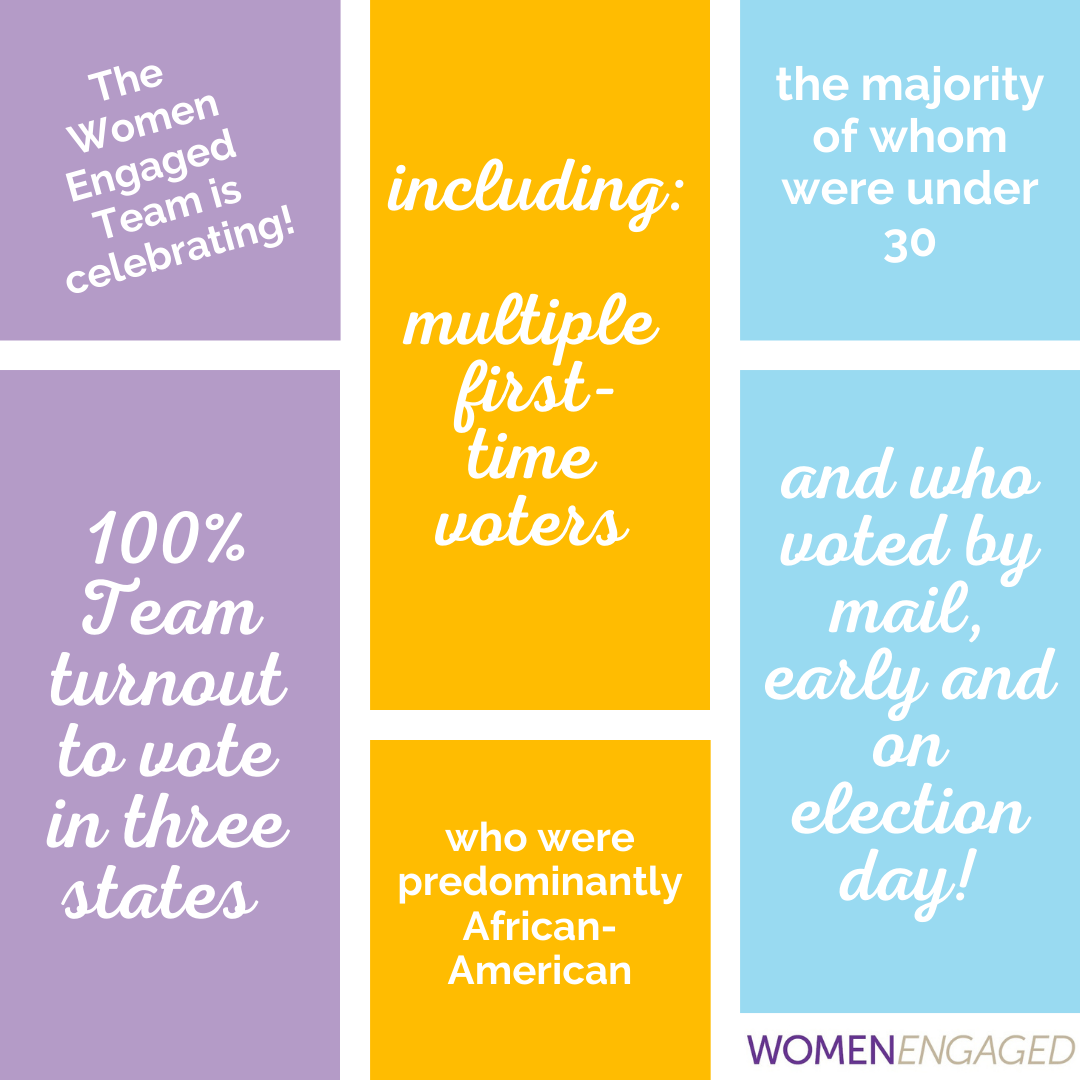
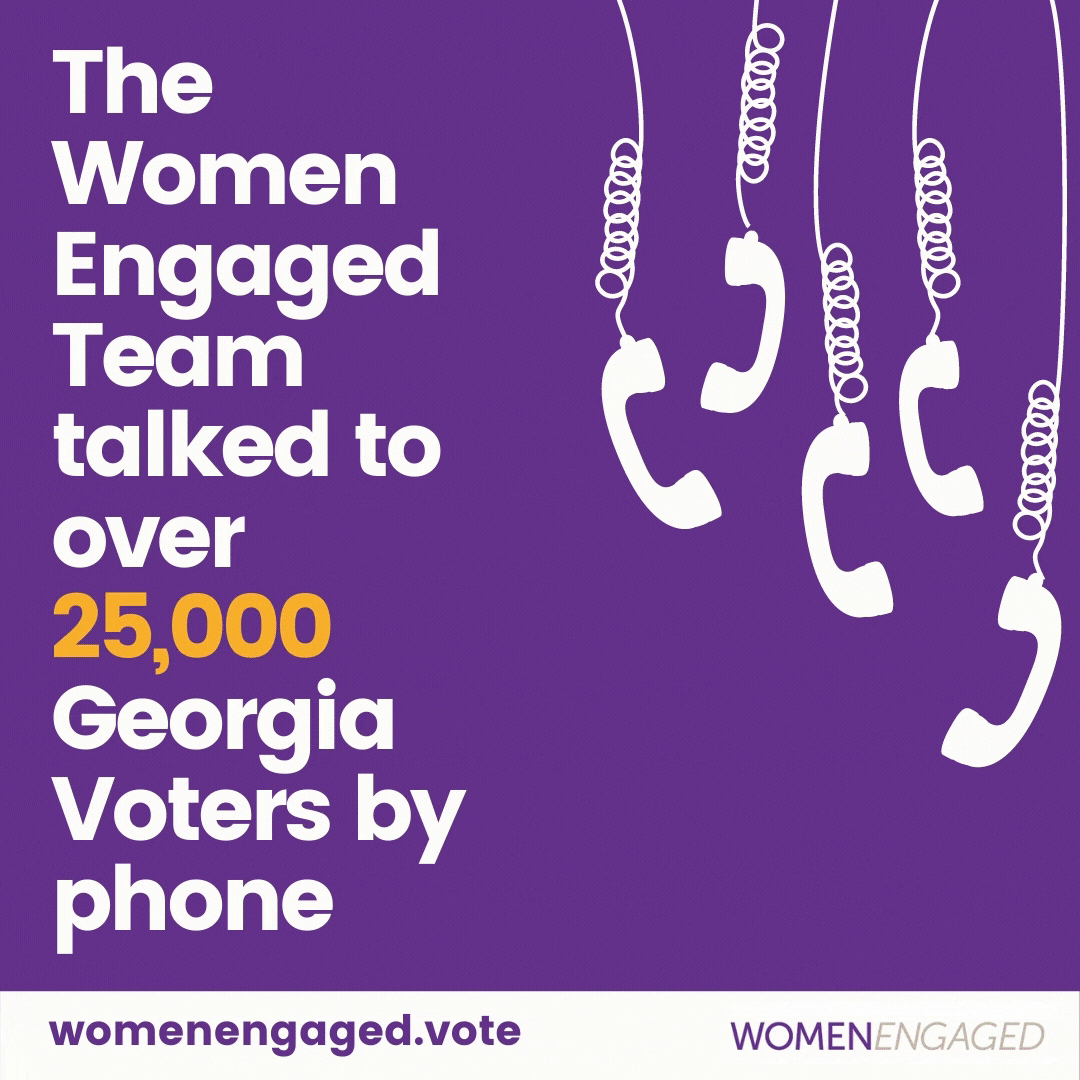
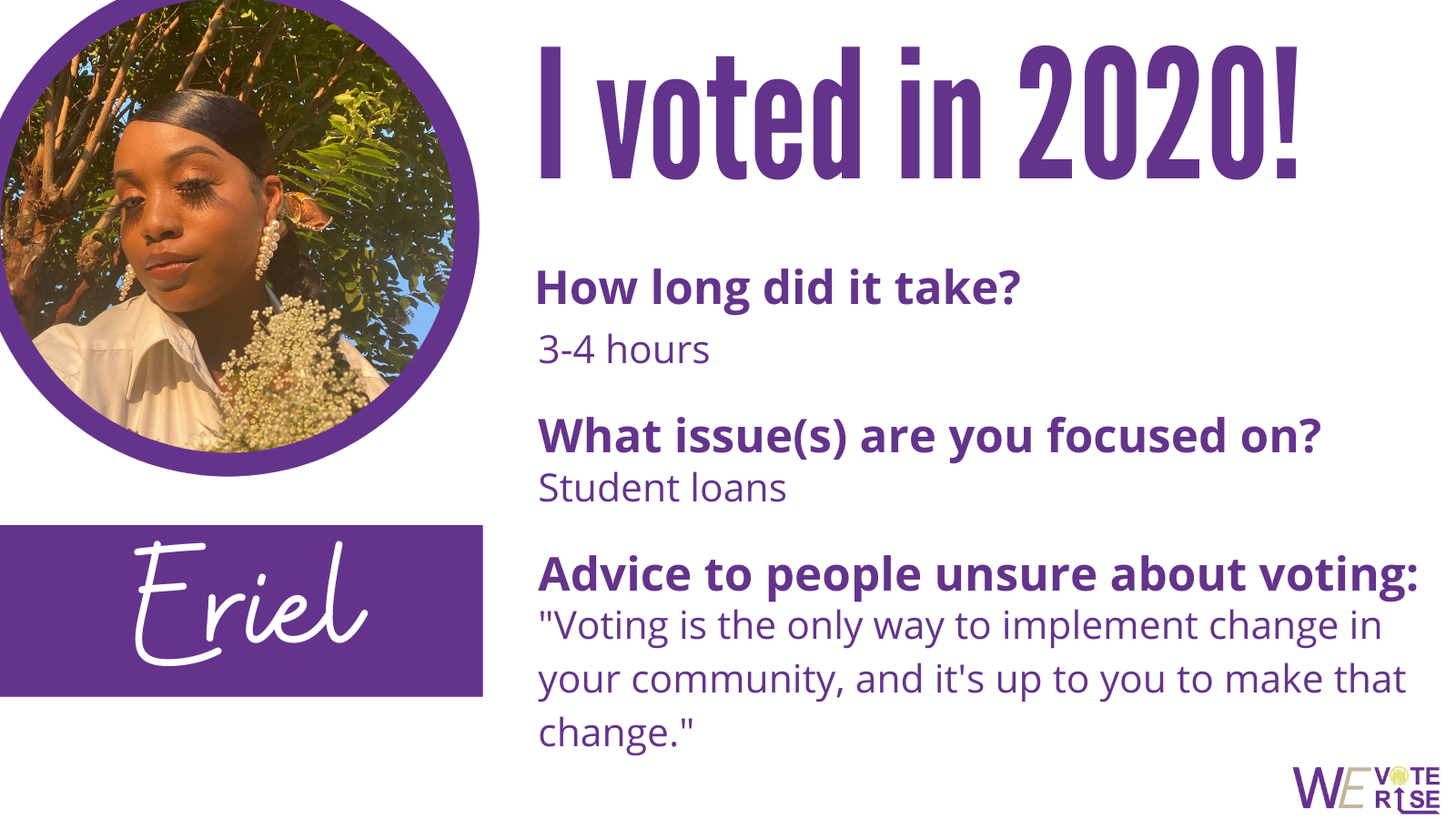
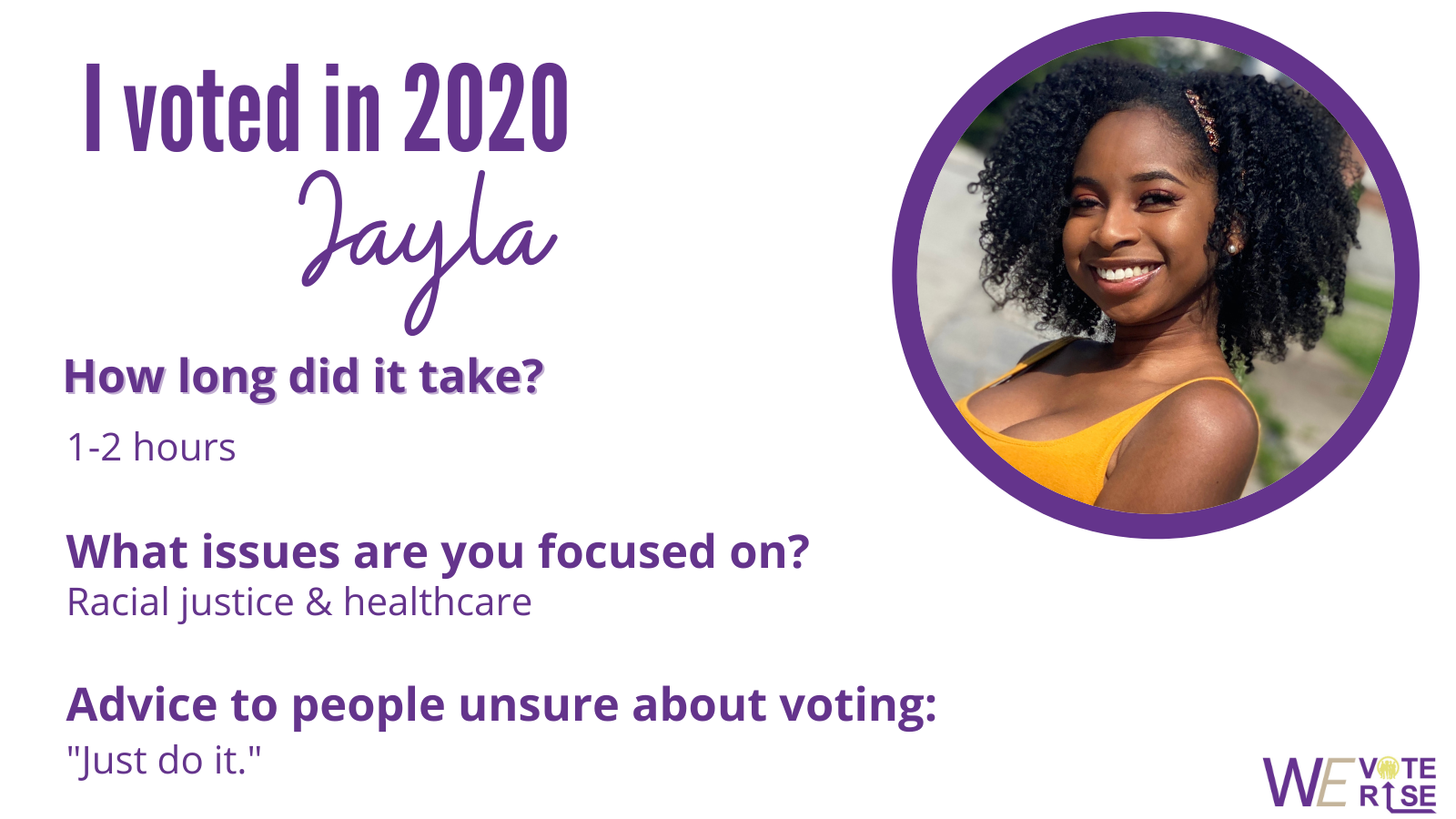
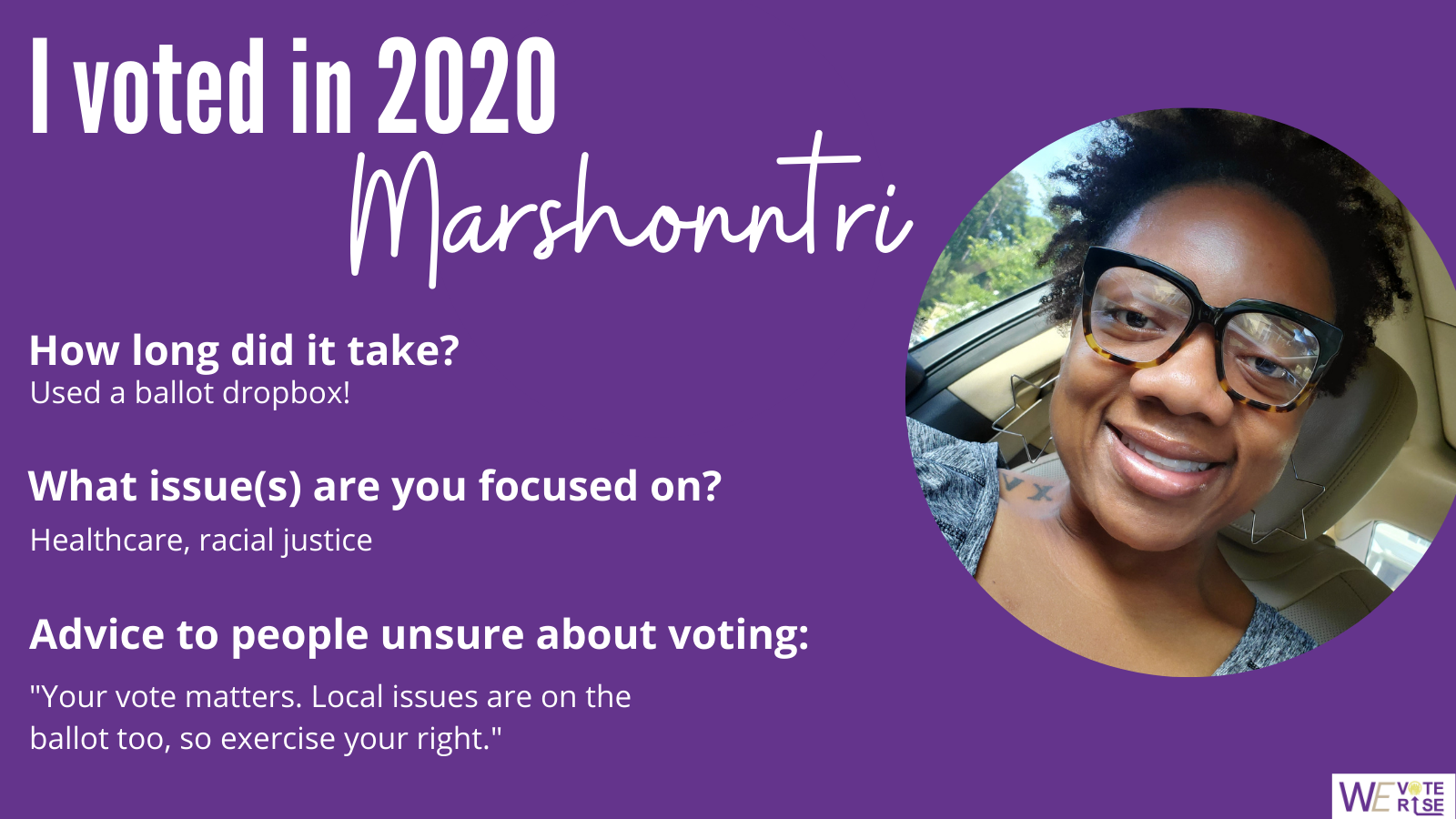

Women Engaged (WE) founders experienced, at the outset, the challenges to fundraising for their strategic vision, not unlike many Black women led social justice nonprofits, especially those based in the US South. Too often, these organizations face significant institutional barriers to adequate funding that matches their efforts and respects their tremendous contribution toward equity and justice. According to the Ms. Foundation 2020 report entitled “Pocket Change: How Women and Girls of Color Do More with Less,” highlights the resounding understanding among Black women leaders that the path to sustainable long term support is unfairly arduous.
“Organizations focused on Black women and girls experience higher levels of all barriers to foundation funding, including identifying funding and opportunities relevant to their communities and the work they do, encountering unresponsive funders and excessive administrative work for grant success.” This finding parallels their summary of southern based social justice organizations too as noted in the report, “Southern organizations experience all funding barriers more acutely than other groups. Although a higher proportion of Southern organizations receive foundation funding, the median grant size is very small—only $12,350.”
It took time and diligence to build authentic relationships with our funding partners. In the interim, our leadership made significant personal sacrifices and out-of-pocket financial investments to power WE and generate results that rivaled those of much larger organizations. However, support for our integrated voter engagement campaign efforts increased significantly during the historic gubernatorial race of 2018 that cemented nationally the importance of Black women’s leadership in “Get Out the Vote '' efforts and their political savvy to make a transformative shift toward political progress in Georgia. By 2020, the converging influences of the racial uprisings, the disproportionate effects of the COVID-19 pandemic and resultant economic impacts, as well as the vitriol and general lack of civility in our country’s political environment, compelled many funders to take more deliberate and intentional action to support Black women-founded, -owned and -led organizations in Georgia and to fund work that strengthens U.S. democracy. Women Engaged is now being introduced to a broader audience of donors as one of the critical organizations central to the seismic political changes in Georgia and WE saw a sizable increase in giving. Today we are immensely proud to report that WE has grown from receiving an initial $35,000 voter engagement project grant in 2014 from Groundswell Fund to a thriving 501c3 organization in 2021 with an annual budget of over $1.8 million with a 2022 goal of $3.5 million. Moreover with 8 full-time staff members and 15 part-time canvass campaign employees, Women Engaged is in the position to scale our canvass operation, leadership development offerings, public policy advocacy, and voter activation and engagement reach to 3 new states working with 15 new organizational partners over the next 3 to 5 years.
Indeed, our story at Women Engaged over the last seven years is one of triumph, courage, and resilience through the obstacles to funding by speaking truth to power, building authentic partnerships, and believing in our vision.
We thank all of our current donors and funders for your continued support! WE gives a special note of gratitude to Vanessa Daniels, Letetia Jackson, Page Gleason, Tanya Clay House, Tamieka Atkins, Pia Infante, Lela Ali, and Alejandra Ruiz for being true collaborators with the leadership of Women Engaged.

The initial years of Women Engaged were led by a dynamic advisory board comprised of experts in their respective fields. These individuals provided guidance and assistance to our programs, development, and strategy. These members were: Cashauna Hill, Keely Monroe, Victoria Ferguson-Young, Dara Mendez, Andrea Lynch, Folami Saunders-Sane, Yvonne Druyeh-Dodd, Elizabeth Estrada, Jhana Grant, and Christi Ketchum. This team along with myself and Margaret met to support the mission and vision of Women Engaged. In addition, their continued leadership forged a new path of opportunity to engage and connect with community centering women of color.

